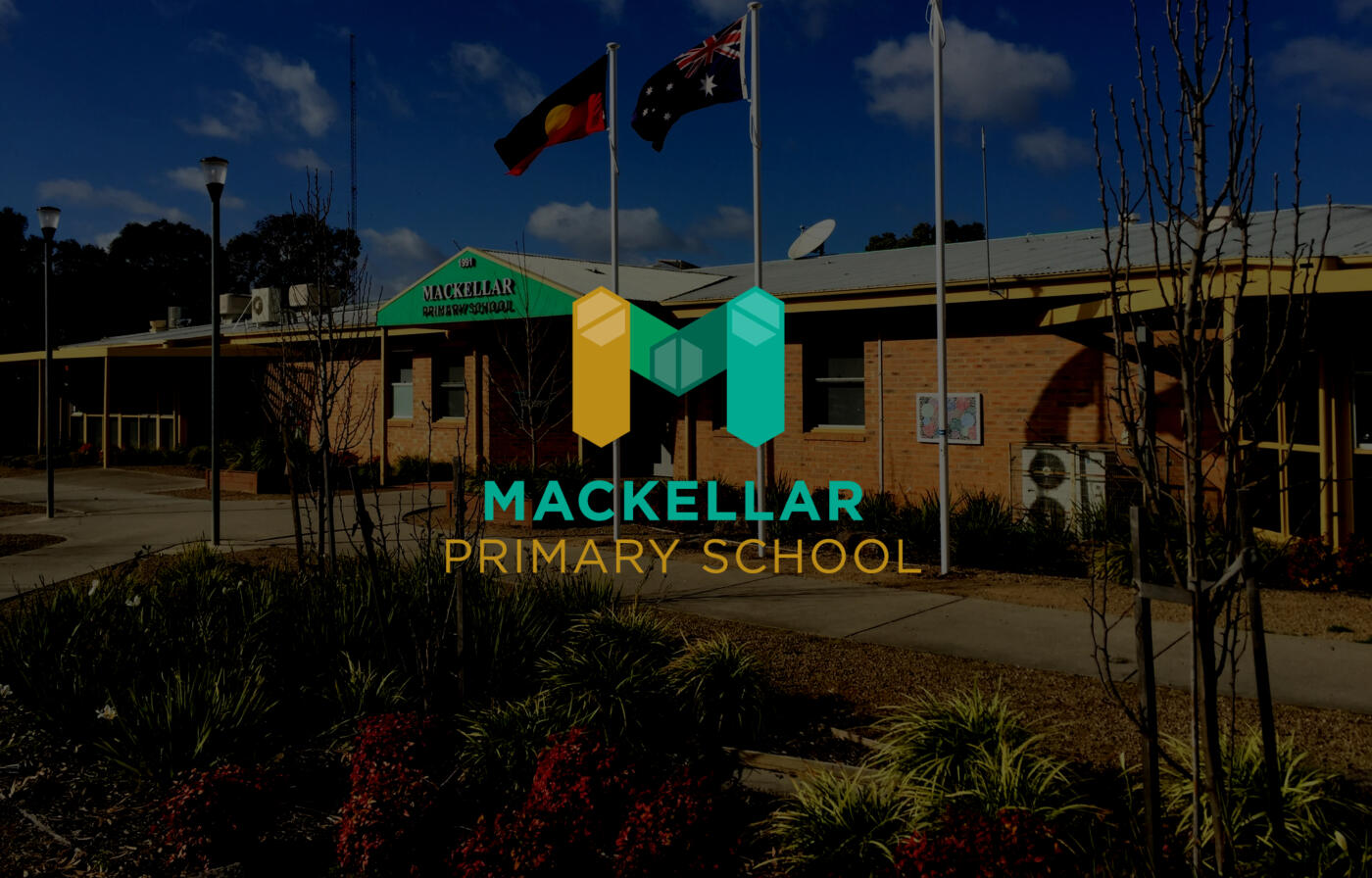
Acknowlegdement of Country
We respectfully acknowledge Traditional Owners of the Country throughout Victoria and pay respect to the ongoing living Cultures of First Peoples. We pay our respects to their Elders past, present and emerging and to any First Nations people who form part of our school community.
Our School Vision
“Empowering Global Citizens”
About Our School
Mackellar Primary School, nestled in the heart of Delahey, Victoria, is a vibrant educational environment that thrives on its vision of “Empowering Global Citizens.” Situated in a diverse community with a range of well-connected support services, the school benefits from its strategic location within the Melbourne suburb.
The school’s collectively developed vision of “Empowering Global Citizens” serves as its guiding principle to ensure our students have ownership of their learning in a way that successfully prepares them for life beyond school, and with a defined moral compass. This vision is firmly anchored in four key pedagogical principles which align with our school mascot – the bee. They are:
Bee Connected: Students are encouraged to build connections with peers, subject matter experts and teachers at school, and beyond with business leaders, not-for -profit organisations and government entities. This fosters a powerful sense of belonging and an understanding of the interconnectedness of our world.
Bee Collaborative: Collaboration is a cornerstone of achieving the global and moral aspect of our school’s vision. Students are taught the value of teamwork, preparing them for future collaborative endeavours in a global society where one recognises and acts on what is right.
Bee Curious: The school nurtures curiosity amongst its students. They are empowered to ask questions, explore innovative ideas, and develop a lifelong love for learning.
Bee Creative: Creativity is celebrated and encouraged at Mackellar. Students are given the freedom to express themselves creatively, fostering innovative thinking and critical thinking skills.
The school’s curriculum offers an exceptional range of specialist subjects: Physical Education, The Arts (Visual & Performing), Languages (Italian), Digital Learning, and Design Technology (Food studies). Parents from the local community are warmly welcomed and encouraged to be actively involved in the school’s activities such as our bi-ennial production and art show, days of significance (e.g. ANZAC Day, Day for Daniel, Harmony Week and National Sorry Day) and other school-based events. Subject matter experts are also invited to contribute to classroom based activities ensuring learning is both locally relevant and globally informed.
The principal Simon McGlade, who has led the school since late 2020, is deeply committed to making Mackellar Primary School a school of choice for everyone in the community. The leadership team of the school works collaboratively with all staff to build their capacity, whilst addressing the individual needs of students, fostering an environment of continuous growth and excellence. Together, they ensure that Mackellar Primary School remains a beacon of empowerment and education.
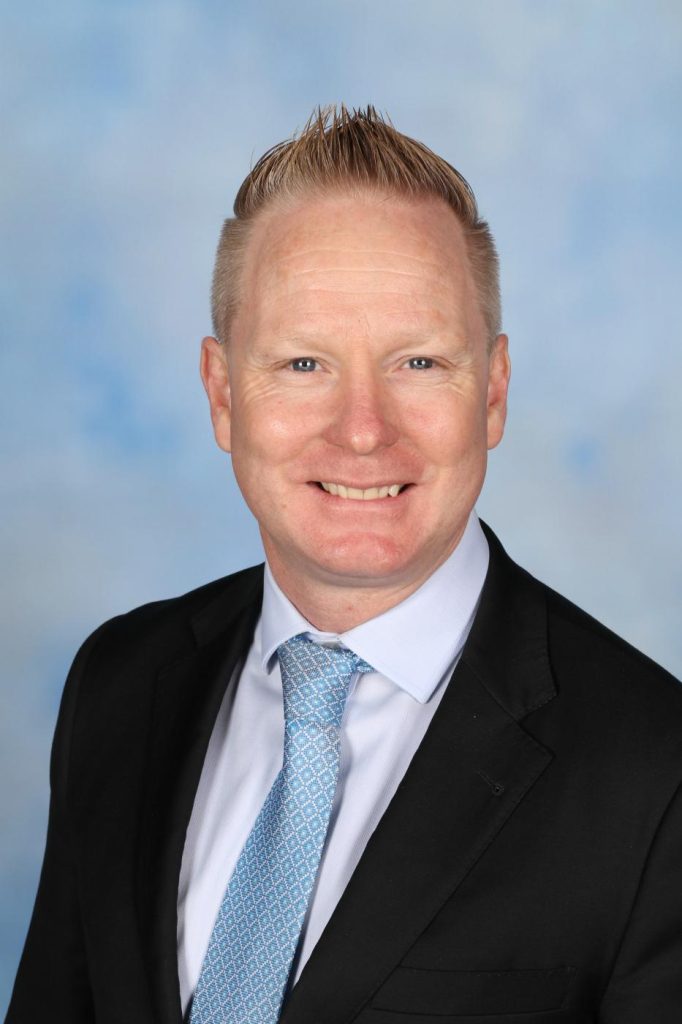
Students Enrolled
Staff
%
of Students have a Language background other than English
%
Student Attendance Rate
Staff at Mackellar Primary School
Principal –
Simon McGlade
Assistant Principal –
Kylie Kennedy
Leading Teacher –
Joanne Wood (Wellbeing & Inclusion)
Learning Specialists –
Shelley Wockner (Curriculum Co-ordination)
Lauren Wishart (Student Agency)
Elyse Burgess (English)
Donna Piscopo (Mathematics)
Mental Health in Schools Leader –
Stamatia Andreou
Foundation Team –
Anna Kourkoulis (Prep A)
Shannon Stone (Prep B)
Tamara Bonnici (Support & Intervention)
Year 1 Team –
Perri Telford (1A)
Anastasia Bouzinis (1B)
Year 2 Team –
Ann Gemayel / Kerrie Elsbury (2A)
Tracey Ngo (2B)
Year 3 Team –
Shannon Berrabah (3A)
Chloe Rae (3B)
Year 4 Team –
Kerry Pasharis (4A)
Maria Tomanoska / Rebecca West (4B)
Year 5 Team –
Hannah Mercado (5A)
Hannah Brne (5B)
Year 6 Team –
Mark Coulson (6A)
Gabrielle Sammut (6B)
Specialist Team –
Sally Wilson – Food Technology & Art
Emily Cugliari – Physical Education
Paula Di Ciocco – Languages (Italian) & Performing Arts
Jack Davidson – Digital Learning
Reading Support –
Hanna Windley
Admin Team –
Joanne Pullens – Business Manager
Andrea Guglielmino – Administration
Cheryl Blair – Administration
Bernard Boribon – Facilities
Education Support (ES)
Daniel Hrbolic (Speech Therapist)
Tanya Gibbons – ES Coordinator
Chantelle Ryan
Kristy Sallama
Laura Hernandez
Thomas Myyrylainen
Adeline Theng Phua
Huong Thuy Quynh Nguyen
Luisa Bartolo
Gia Lam
Sienna Skubevski
Erfina Lay
Vicki Bernard
Jasmine Petkovski
Jan Aydinli
Rebecca Wolf
Reannan Perry
Curriculum Achievement
In the realm of teaching, Mackellar Primary School employs explicit and scaffolded methods. English and Mathematics are taught sequentially and progressively, accommodating the diverse learning styles and abilities of its students. Differentiated instruction is a cornerstone of the school’s approach, ensuring that every student’s unique needs are met. Our inquiry units follow Lee Crockett’s Future Focused Learning model, which incorporates his ‘10 Shifts of Practice’. This forward-thinking approach equips students with the skills needed to excel in the ever-evolving 21st-century landscape.
Ignite the creativity in every student with our BYOiD Program
Digital technologies are dramatically changing how we educate our students. Increased access to electronic devices such as laptop computers or tablets and the explosion of online information enables our students to interact with and create high quality content, resources and tools. The precise application of technology and quality instruction can enhance learning. The increased connectivity between school life, private life and social life coupled with portable devices and high speed broadband open up the possibility for new models of instruction outside of the traditional classroom setting.

Enrolments
Our school zone is available on findmyschool.vic.gov.au.
Findmyschool.vic.gov.au hosts the most up-to-date information about Victorian school zones for 2020 onwards.
Students residing in this zone are guaranteed a place at our school, which is determined on the basis of your permanent residential address.
The Department provides guidance through the School Placement Policy to ensure that students have access to their designated neighbourhood school and the freedom to choose other schools, subject to facility limitations.
You can find more information and answers to frequently asked questions on the Department’s website under School zones.
Starting School information for parents – Click Here
Submit an enrolment inquiry – Click Here
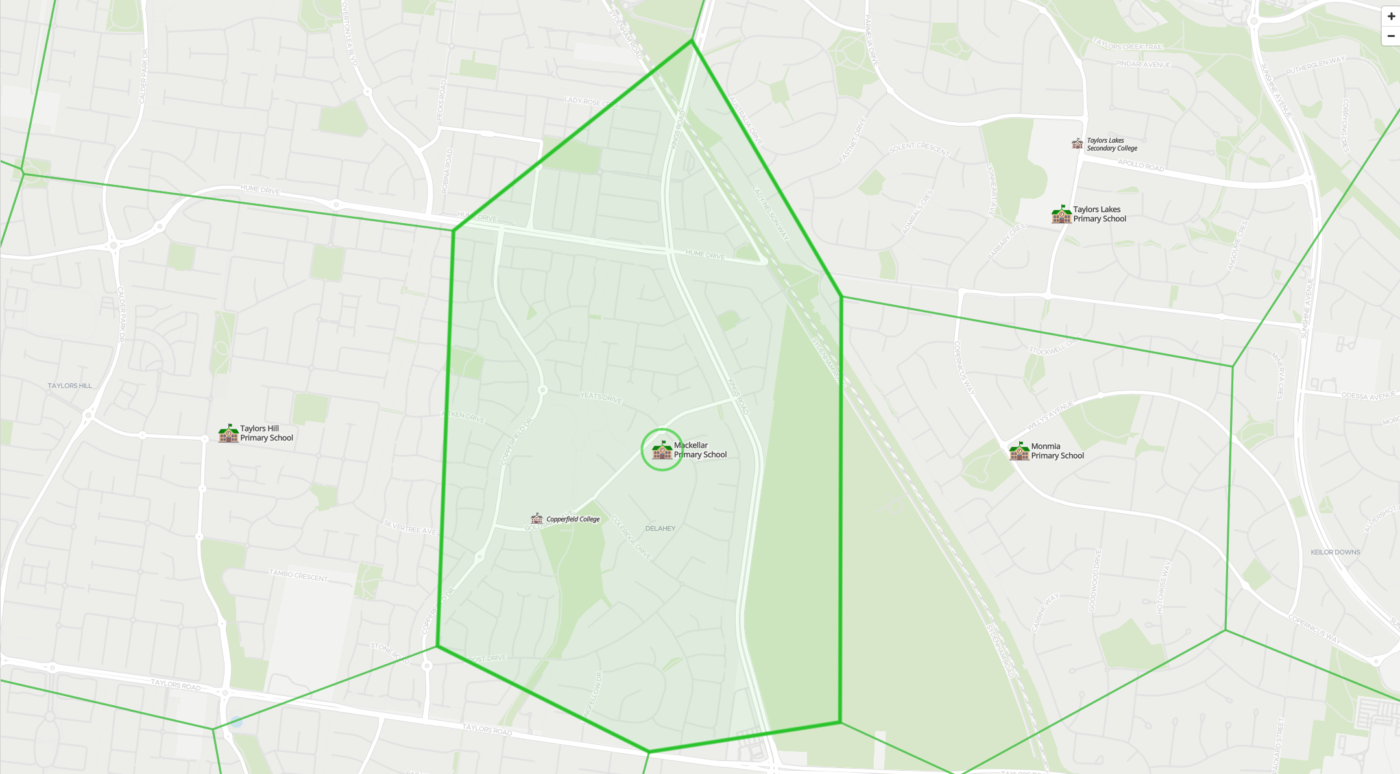
Plans, Reports and Policies
Annual Reports
School Policies
- Acceptable Use Agreement
- Administration Of Medication Policy
- Anaphylaxis Policy
- Asthma Policy
- Attendance Policy
- Car Park Policy
- Camps and Excursions Policy
- COVID 19 Mandatory Vaccinations Information Collection and Recording Procedures
- DET Privacy Policy
- Duty Of Care Policy
- Enrolment Policy
- First Aid Policy
- Health Care Needs Policy
- Mobile Phones Policy
- Personal Property Policy
- Photographing Filming and Recording Students Policy
- Respect for School Staff Policy
- Statement of Values
- School Privacy Statement
- Traffic Management Plan
Strategic Plan
Child Safe Standards
Child safety and wellbeing information for families and the school community
The Victorian Government has announced new Child Safe Standards to further strengthen child safety across organisations, including schools. The new standards recognise the critical importance of families and the broader school community in maintaining and promoting child safety and wellbeing.
Mackellar Primary School has reviewed and updated our child safety policies and procedures to ensure they meet the requirements of the new standards. These are available to view our school’s website, in our Parent Handbook, and available at the school’s front office.
We are committed to continuous improvement in our approach to child safety and wellbeing and welcome feedback from families and members of our school community on ways we can further strengthen our child safety policies, procedures and practices.
As valuable partners in promoting and maintaining child safety and wellbeing at Mackellar Primary School, we welcome and encourage your feedback.
If you have any suggestions, comments or questions in relation to our child safe policies and practices, please contact our Principal or Assistant Principal.
- Aboriginal Learning, Wellbeing and Safety Action Plan
- Child Safety and Wellbeing Policy
- Child Safety Code of Conduct
- Student Wellbeing and Engagement Policy
- Bullying Prevention Policy
- Child Safety Responding and Reporting Obligations and Procedures Policy
- Digital Learning Policy
- Active Supervision (Yard Duty) Policy
- Volunteers Policy
- Visitors Policy
- Complaints Policy
- Inclusion and Diversity Policy

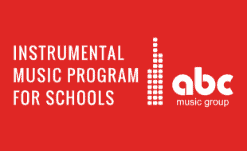
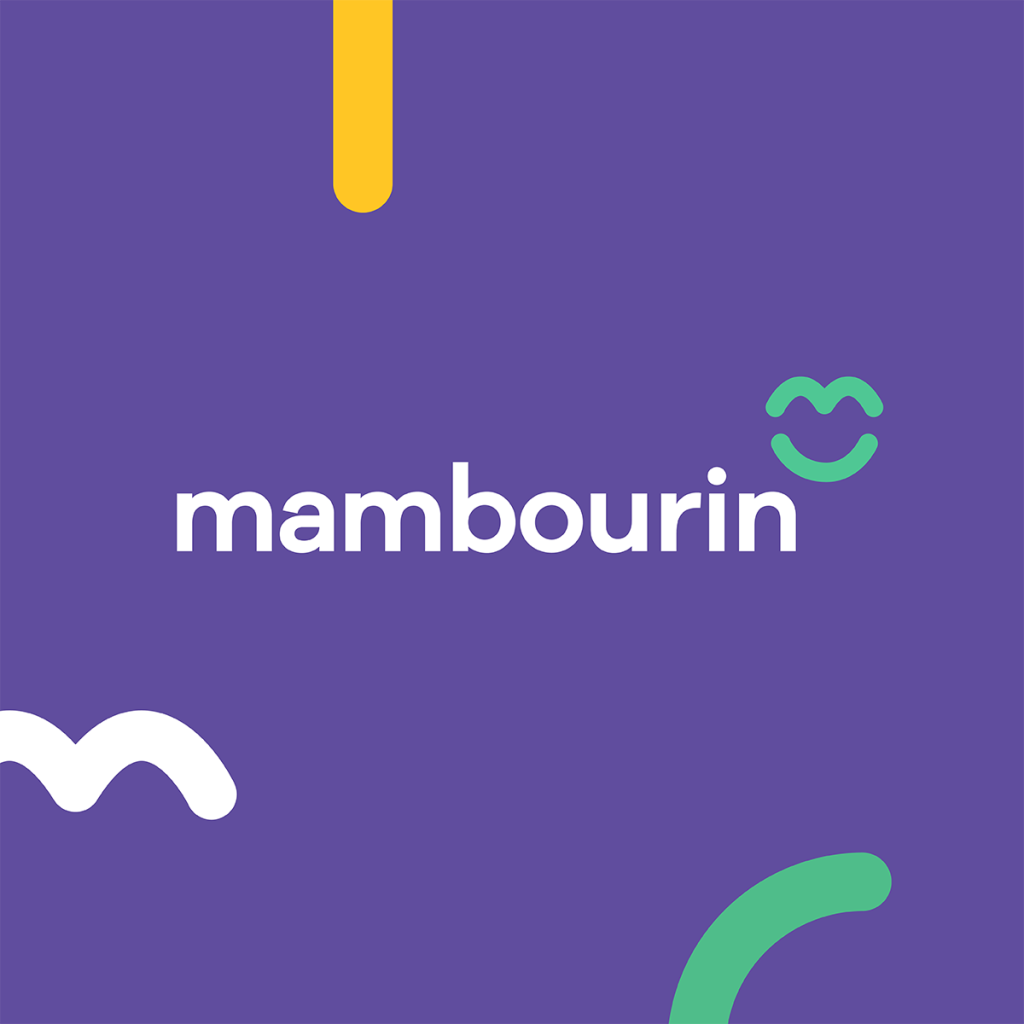
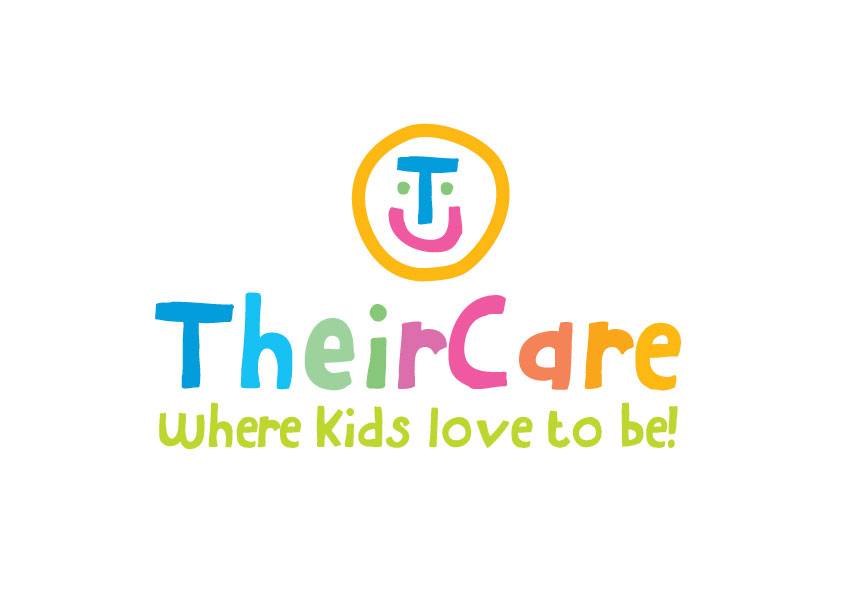

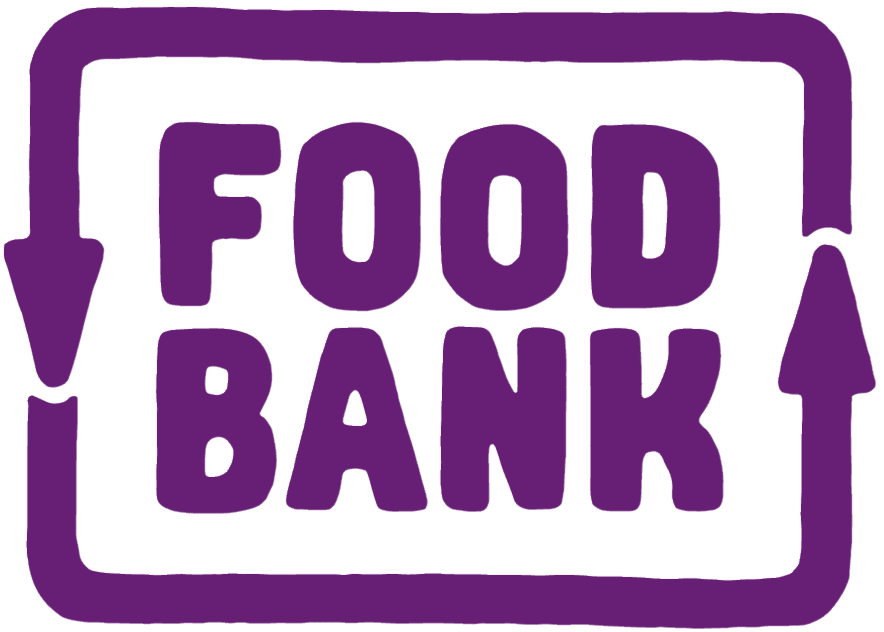 Your content goes here. Edit or remove this text inline or in the module Content settings. You can also style every aspect of this content in the module Design settings and even apply custom CSS to this text in the module Advanced settings.
Your content goes here. Edit or remove this text inline or in the module Content settings. You can also style every aspect of this content in the module Design settings and even apply custom CSS to this text in the module Advanced settings. Your content goes here. Edit or remove this text inline or in the module Content settings. You can also style every aspect of this content in the module Design settings and even apply custom CSS to this text in the module Advanced settings.
Your content goes here. Edit or remove this text inline or in the module Content settings. You can also style every aspect of this content in the module Design settings and even apply custom CSS to this text in the module Advanced settings.